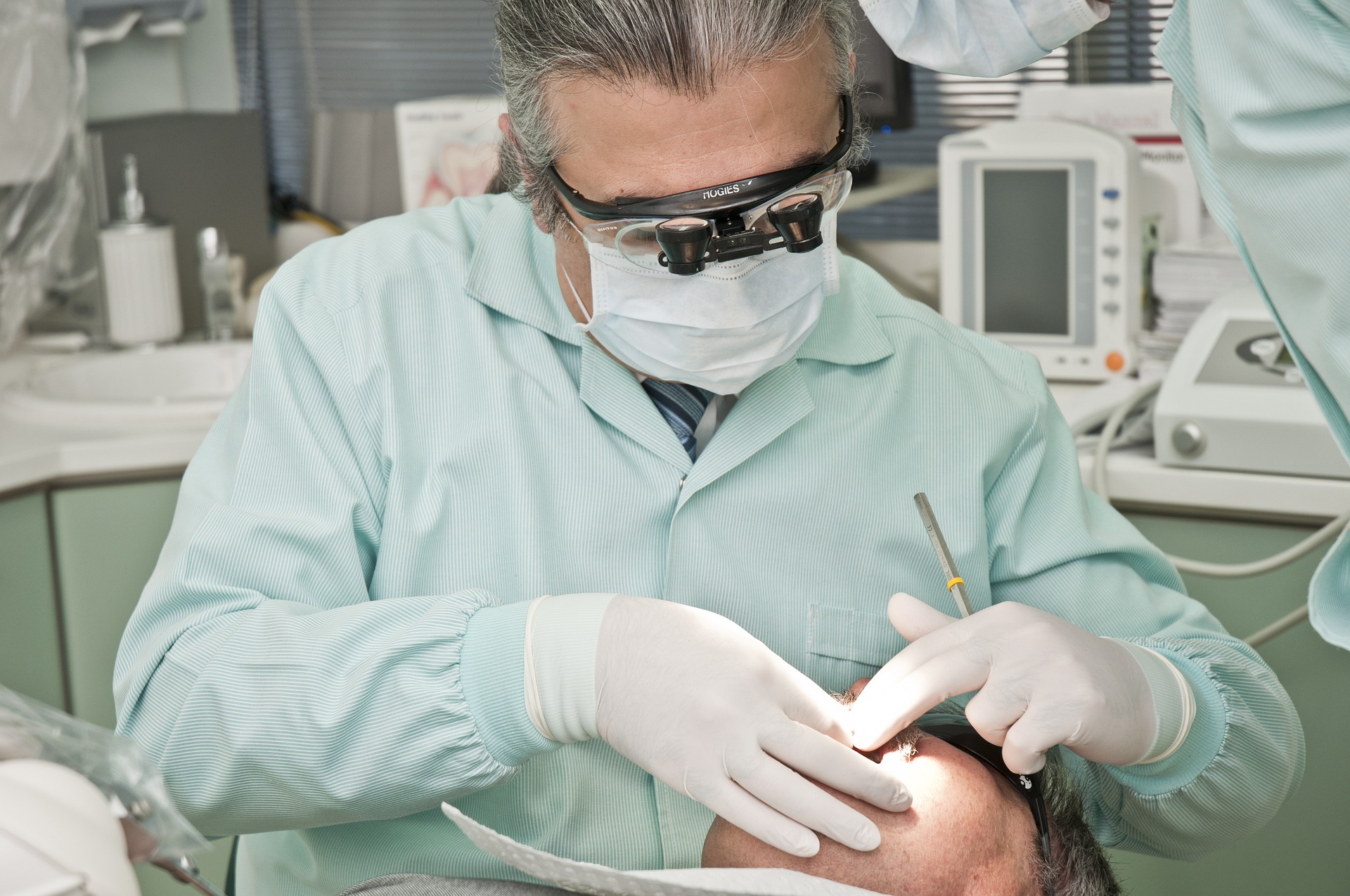Dental Implants in Canada: Key Facts and What to Expect
Dental implant procedures in Canada involve advanced technologies and high-quality materials. This article explains the step-by-step process, what patients should know before treatment, and key tips for selecting a reliable clinic to ensure safe and effective care.

Dental implants represent one of the most significant advances in restorative dentistry, providing Canadians with a reliable solution for tooth replacement. These titanium posts, surgically placed into the jawbone, serve as artificial tooth roots that support crowns, bridges, or dentures. The integration of implants with bone tissue creates a stable foundation that can last decades with proper care.
Overview of Modern Dental Implant Techniques and Materials Used in Canada
Canadian dental practices utilize cutting-edge implant systems from leading manufacturers worldwide. Titanium remains the gold standard material due to its biocompatibility and ability to osseointegrate with bone tissue. Surface treatments like sandblasting and acid etching enhance the implant’s ability to bond with surrounding bone. Some clinics now offer zirconia implants as a metal-free alternative, particularly appealing to patients with metal sensitivities. Computer-guided implant placement has revolutionized precision, using 3D imaging and surgical guides to ensure optimal positioning and reduce surgical time.
Step-by-Step Explanation of the Implant Procedure in Canadian Clinics
The implant process typically unfolds over several months. Initial consultation involves comprehensive examination, X-rays, and treatment planning. During the surgical phase, the implant is placed under local anesthesia through a small incision in the gum tissue. A healing period of 3-6 months allows osseointegration to occur. Once integration is complete, an abutment is attached to connect the implant to the final restoration. The final crown, bridge, or denture is then secured, completing the restoration process. Some cases may qualify for immediate loading, where a temporary crown is placed the same day as implant surgery.
Tips for Selecting a Dental Clinic and Qualified Specialist
Choosing the right provider requires careful consideration of several factors. Look for specialists with advanced training in implantology, such as oral surgeons, periodontists, or prosthodontists. Verify credentials through provincial dental associations and inquire about continuing education in implant dentistry. Experience matters - ask about the number of implants placed annually and success rates. Modern facilities should have 3D imaging capabilities, surgical suites, and sterilization protocols. Patient reviews and before-and-after photos can provide insights into treatment outcomes and patient satisfaction.
How New Technologies Impact Implant Durability and Safety
Technological advances continue to improve implant outcomes in Canadian practices. Digital planning software allows precise virtual placement before surgery begins. Guided surgery systems reduce trauma and improve accuracy. Advanced surface treatments promote faster healing and stronger bone integration. Photodynamic therapy helps prevent peri-implantitis, a leading cause of implant failure. Real-time monitoring during surgery ensures optimal placement depth and angulation. These innovations contribute to success rates exceeding 95% in most cases.
Common Patient Questions About Procedure and Recovery
Patients frequently ask about pain levels, with most reporting minimal discomfort managed effectively with over-the-counter medications. Swelling and bruising are normal for the first few days. Dietary restrictions include avoiding hard foods during initial healing. Smoking significantly impacts healing and should be avoided. Most patients return to work within 1-3 days, depending on the extent of surgery. Long-term maintenance involves regular dental hygiene and professional cleanings, similar to natural teeth care.
| Treatment Type | Provider | Cost Estimation |
|---|---|---|
| Single Implant | General Dentist | $3,000 - $5,000 |
| Single Implant | Specialist | $4,000 - $6,500 |
| All-on-4 Treatment | Specialist Clinic | $20,000 - $35,000 |
| Bone Grafting | Oral Surgeon | $800 - $2,500 |
Prices, rates, or cost estimates mentioned in this article are based on the latest available information but may change over time. Independent research is advised before making financial decisions.
Dental implants offer Canadians a proven solution for tooth replacement with excellent long-term outcomes. Success depends on proper patient selection, skilled surgical technique, and commitment to ongoing oral hygiene. While the initial investment is significant, the durability and quality of life improvements make implants a worthwhile consideration for eligible candidates. Consulting with qualified professionals ensures the best treatment approach for individual circumstances.
This article is for informational purposes only and should not be considered medical advice. Please consult a qualified healthcare professional for personalized guidance and treatment.




